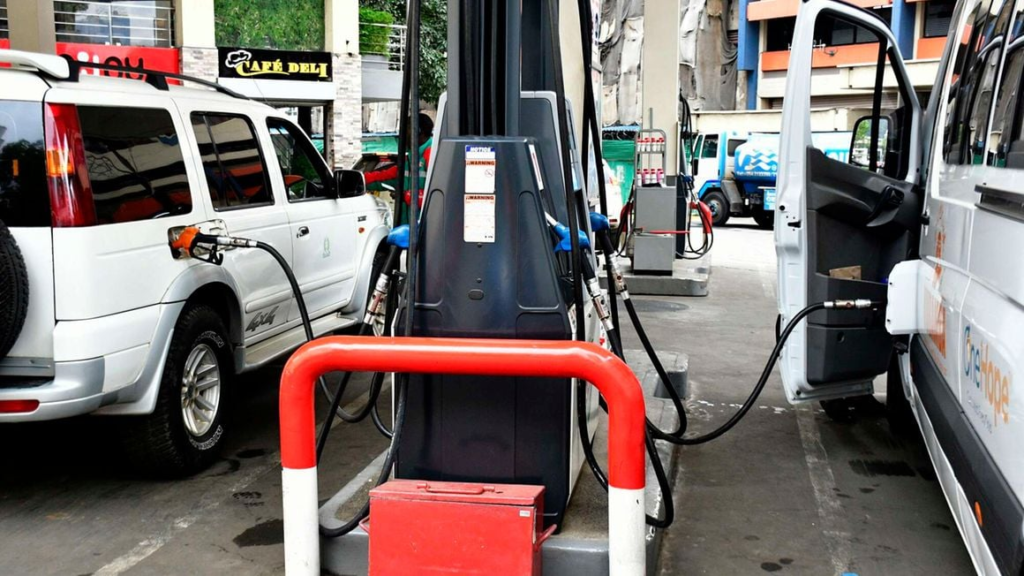
Nairobi Kenya/ The Treasury is expected this week to float the second tranche of a bond meant to raise Sh28 billion to clear the pending bill from the fuel subsidy owed to oil dealers, weeks after the first tap sale was oversubscribed.
The bond is part of the Sh45 billion debt that the government converted into a three-year bond amid Exchequer struggles to settle the arrears owed to oil marketers.
The first tranche that closed three weeks ago raised Sh3.5 billion more against a target of Sh15 billion after the government was forced to split the bond amid a thinning fiscal space.
Fuel prices
The Treasury has struggled to compensate oil marketers for the subsidy, prompting the conversion of the unpaid billions into a bond.
“The reason for the split is that the government had limitations on what could be accommodated within this financial year,” reads the communiqué.
The interest rate of the bond is 14.22 percent and the State will make the first interest payment in November.
The Treasury has so far paid oil marketers Sh124.07 billion to keep prices low since April 2021 but struggling to settle the remaining Sh45 billion.
A phased discontinuation of the fuel subsidy scheme started in September last year as the new administration moved in to ease pressure on the Exchequer, sending fuel prices to record highs.
Vivo Energy, the biggest oil dealer by market share in Kenya, is owed Sh13.45 billion followed by TotalEnergies at Sh8.16 billion and Rubis, the third biggest oil marketer (Sh4.03 billion).
Other oil marketers with huge debts are Oryx Energy, which is yet to be paid Sh3.48 billion followed by Ola at Sh2.31 billion, Galana Oil (Sh1.24 billion) and Gapco (Sh1.01 billion).
Weakening shilling
Compensation delays have thrown oil marketers into a cash crunch with the small local marketers hit hardest amid fears of defaulting bank loans used to fund operations last year.
The bond will allow the Treasury to pay the dealers’ interest over the years, saving the government the burden of making a one-off payment of billions of shillings amid a cash crunch at the Exchequer.
Kenya is caught up in spending pressures from the elevated debt service costs at the back of the weakening shilling.






